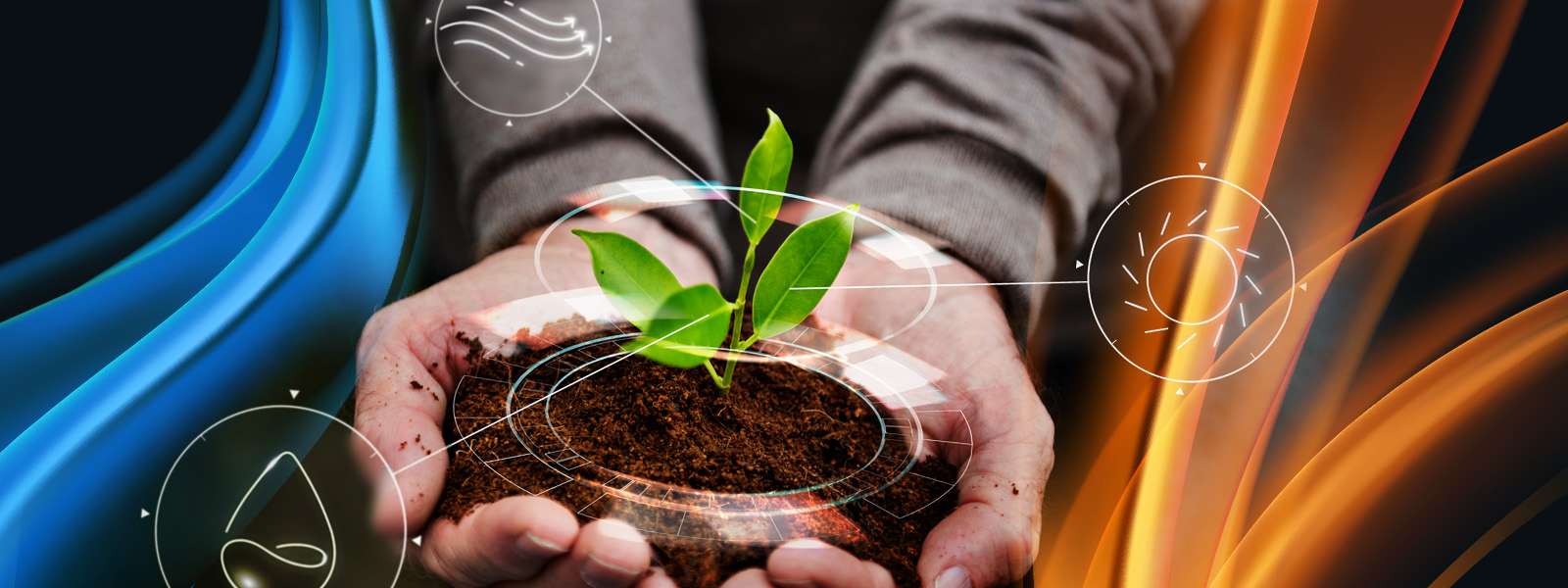
Around 2012 a series of friendly discussions had started between experts in Europe about today’s biggest challenges.
Such as socioeconomic policies and practices in terms of growing inequality and ecological sustainability.


Specific objectives
Today we are making desirable steps in redistribution of means and resources, optimizing short supply chains and providing access to high tech innovations, or using commons management principles to support local circular economies.
regenerative approach of innovation
Cosmo-localization framework
We began to glimpse the outlines of a regenerative socio-economic system, rooted in the local maker culture & its mutual, peer-to-peer, open source collaborations around the world

When we are able to produce personalized things locally – thanks to advanced technology – and based on the IoT infrastructure that connects communities and shared resources across regions, changes in the economic paradigm – as well as its environmental and social context – become highly probable. Envienta will get you there.
We facilitate both global and local regenerative growth by providing solutions from different areas of science and technology.
Due to our commitment to contribute to regenerative socio-economic conditions – staying within ecological boundaries – our open source research is primarily focusing on solutions for sustainable living, IoT home automation, green-energy , short supply chain manufacturing and food production.

Michel Bauwens
Director Of P2P Foundation
“The general idea is not to impede technological progress though intellectual property, in an era of climate change where we cannot afford the 20-year lag in innovation due to patents and to radically diminish the physical cost of transport through local production. Cosmo-localization is based on the belief that the mutualization of provisioning systems can radically diminish the human footprint on natural resources.”


Envienta cosmo-localization framework
Our shared & unique value proposition
As a result of this process, the wider access to means and resources can be resolved, while creation of local circular economies reduce the ecological footprint.
- Reduce the costs of development
- Achieve significant improvement in large scale global and local cooperation
- Provide the global know-how, while means and resources, energy, raw materials and workforce needed for manufacturing are locally available
- Encourage the creation of small series, customizable products, while mass production is reduced
- Increase the product’s lifetime with real-time bug fixes during the development
- Generate less waste with longer product lifetime, while emission is reduced thanks to recycling
- Reduce the costs of transport and logistics
- Change consumer’s habits, as the usage becomes more important than possession
- Weaken brand loyalty, while the role of marketing and its costs diminished

On the way to resource-based economy
Innovation infrastructure with makerspaces, renewable energy and food supply, open source IoT and exponential tech software / hardware applications, marketplacee products, human contributions, time and experience sharing through education and affiliate services, etc.
Using our protocols it is important to note that there are real products, resources and services behind digital records, serving as a transition step to the resource-based economy.
Empowering local economies
Tokenizing the whole value stream between stakeholders helps to discover and monitor the globally and locally available means and resources in real time.
In addition, an organically scaling global community has even greater potential to achieve environmental, social and economic benefits, hence regenerative development goals by default.

Re-evaluating Life
The many forms of value exchange
We recognize in our daily life that many activities of real value creation does not seem to be considerable on the economic output. These “invisible” contributions to processes can be divided to different forms of value or currency as a tool of exchange.

Material Value
Measured by: What you own
Exchange: House, car, possessions
How to gain value: Own few things, share what you own

Social Value
Measured by: Who you know
Exchange: Friends, relationships, influences
How to gain value: Be friendly with everyone, have good relationships

Living Value
Measured by: What you grow
Exchange: Bacteria, microorganisms, soil, water, plants, animals
How to gain value: Grow many plants, improve your land

Cultural Value
Measured by: Where you go
Exchange: Traditions, rituals, festivals, holidays
How to gain value: Be grounded, travel

Experiential Value
Measured by: Risks you take
Exchange: Success, failure, wisdom, embodied experience
How to gain value: Take risks

Intellectual Value
Measured by: What you know
Exchange: Knowledge, ideas, innovations
How to gain value: Learn, teach

Spiritual Value
Measured by: What you believe
Exchange: Karma, meditation, yoga
How to gain value: Practice good human values

Financial Value
Measured by: How much you have
Exchange: Money, credit
How to gain value: Live within your means, share your wealth

Open Source Circular Economy
The Wise City
Innovation hubs are part of our framework, but also provide cheap and well-designed living for individuals, families and communities as an alternative lifestyle of the near future or help in modelling, developing usable solutions for cities.

The concept of the Internet of Things – to increase efficiency and productivity – begins to make sense in a city that is smart in its environment, people, mobility, economy, governance and ultimately living.
Hundreds of new cities are expected to be constructed by 2050 to house about three billion of the world’s populations.
Blueprints for large scale IOT deployments
By displaying a high quality of life based on sustainability, the Envienta innovation hub network can set a strong example that impacts the sustainable development of future cities.






